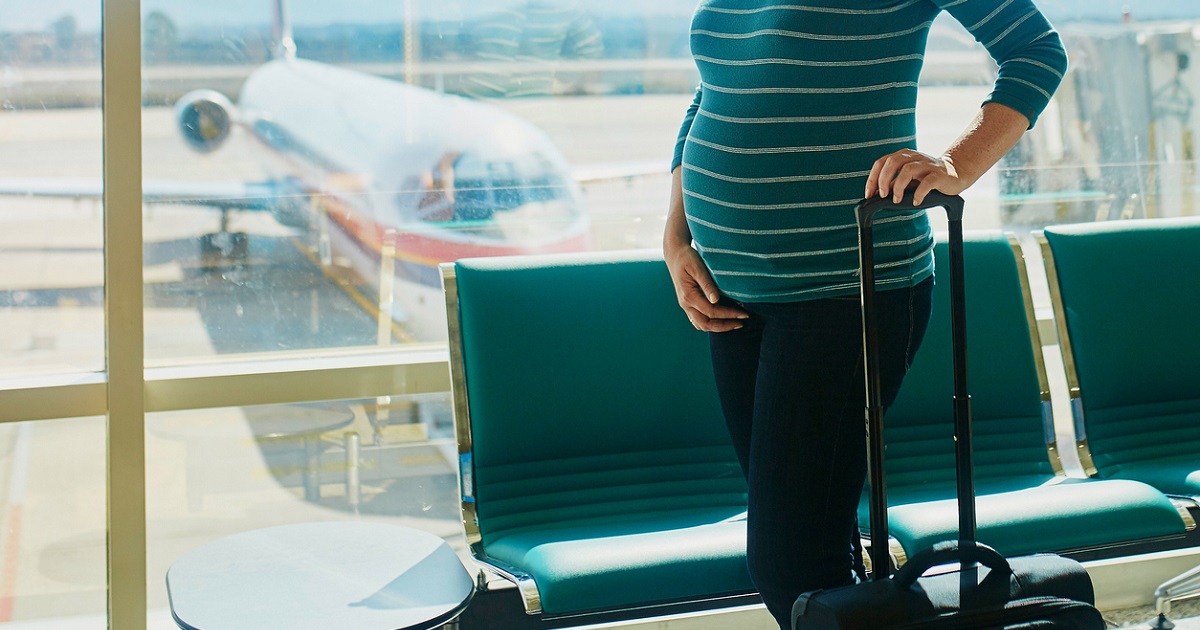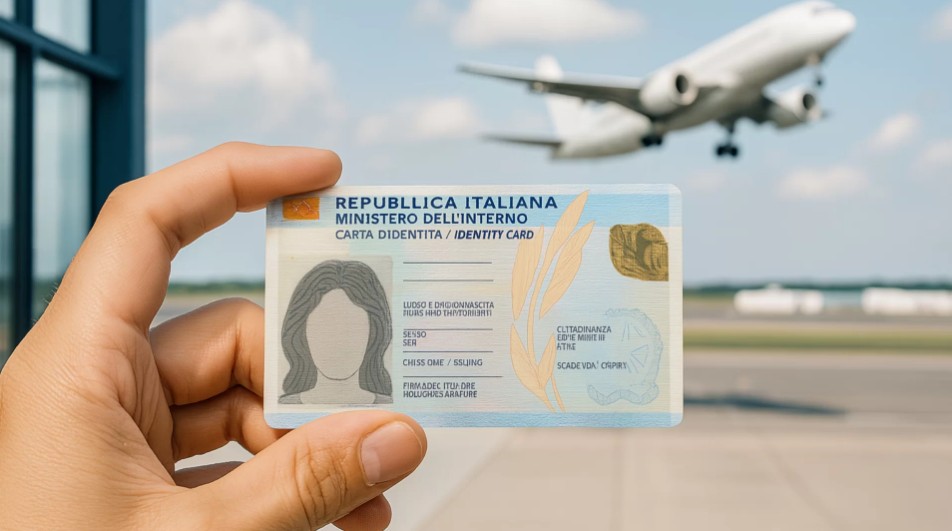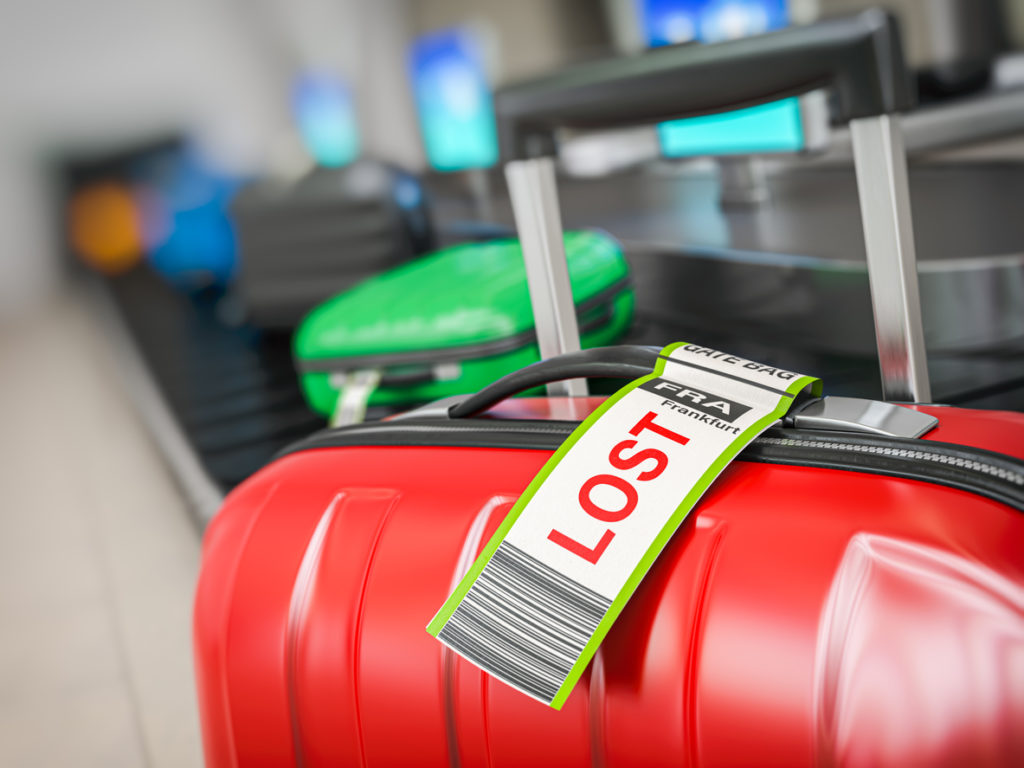Traveling during Pregnancy: Rules, Tips, and Rights for Expectant Mothers
Flying during pregnancy is possible, but it requires some precautions. Airlines have different rules for expectant mothers, and in some cases, they may require medical certificates — especially after the 28th week.
In this complete guide, you’ll find everything you need to know to travel safely and calmly during pregnancy.
When You Can Travel During Pregnancy (and When You Can’t)
In general, the safest time to fly is between the 14th and 27th week (the second trimester). During this period:
-
Pregnancy symptoms usually ease
-
The risk of complications is lower
-
Airline restrictions are fewer
After the 28th week, many airlines require a medical certificate confirming fitness to fly and the expected due date. Some airlines, such as Ryanair or Wizz Air, prohibit boarding from the 36th week (or the 32nd week in case of twin pregnancy).
Each airline has its own policy — always check the official website before booking.
Required Documents and Certificates
After the 28th week, you may need to present:
-
A medical certificate issued within 72 hours before the flight
-
A declaration of no complications
-
A MEDIF form (Medical Information Form), required by some airlines
These documents must be in English or the language of the departure country. Ground staff may deny boarding if there are doubts about your fitness to fly.
At the Airport and On Board: Practical Tips
-
Check in online to avoid unnecessary queues
-
Choose an aisle seat so you can get up easily
-
Wear compression stockings to reduce the risk of thrombosis
-
Drink plenty of water, avoid caffeine
-
Move every hour, even just to stretch your legs
-
Priority boarding, when available (sometimes for a fee), can help reduce stress and crowding
What to Do in Case of Disruptions or Delays
If you experience a delay of more than 3 hours, a cancellation, or overbooking, you have the same rights as any other passenger.
Under EU Regulation 261/2004, you may be entitled to:
-
Compensation from €250 to €600, depending on the route
-
Free assistance: meals, accommodation, transport, and information
If the airline is uncooperative, you can rely on DelayFlight24, which helps you claim compensation at no cost and with full legal support.
Conclusion: Traveling While Pregnant Is Possible with the Right Precautions
Flying during pregnancy is safe in most cases, especially during the second trimester.
You just need to be well informed, get the necessary documents, and prepare wisely.
And if something goes wrong with your flight, don’t hesitate to assert your rights: with DelayFlight24, you can obtain fair compensation — quickly and without stress.








